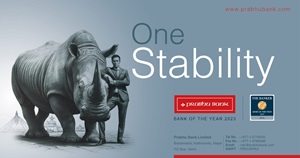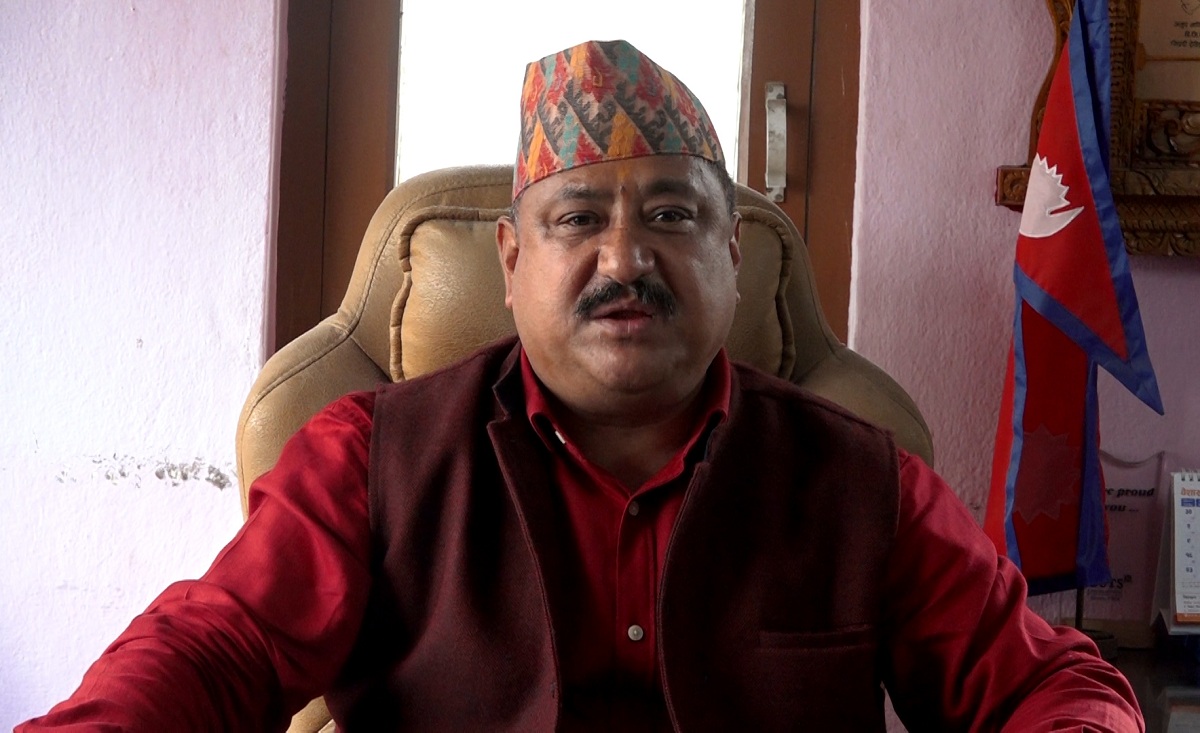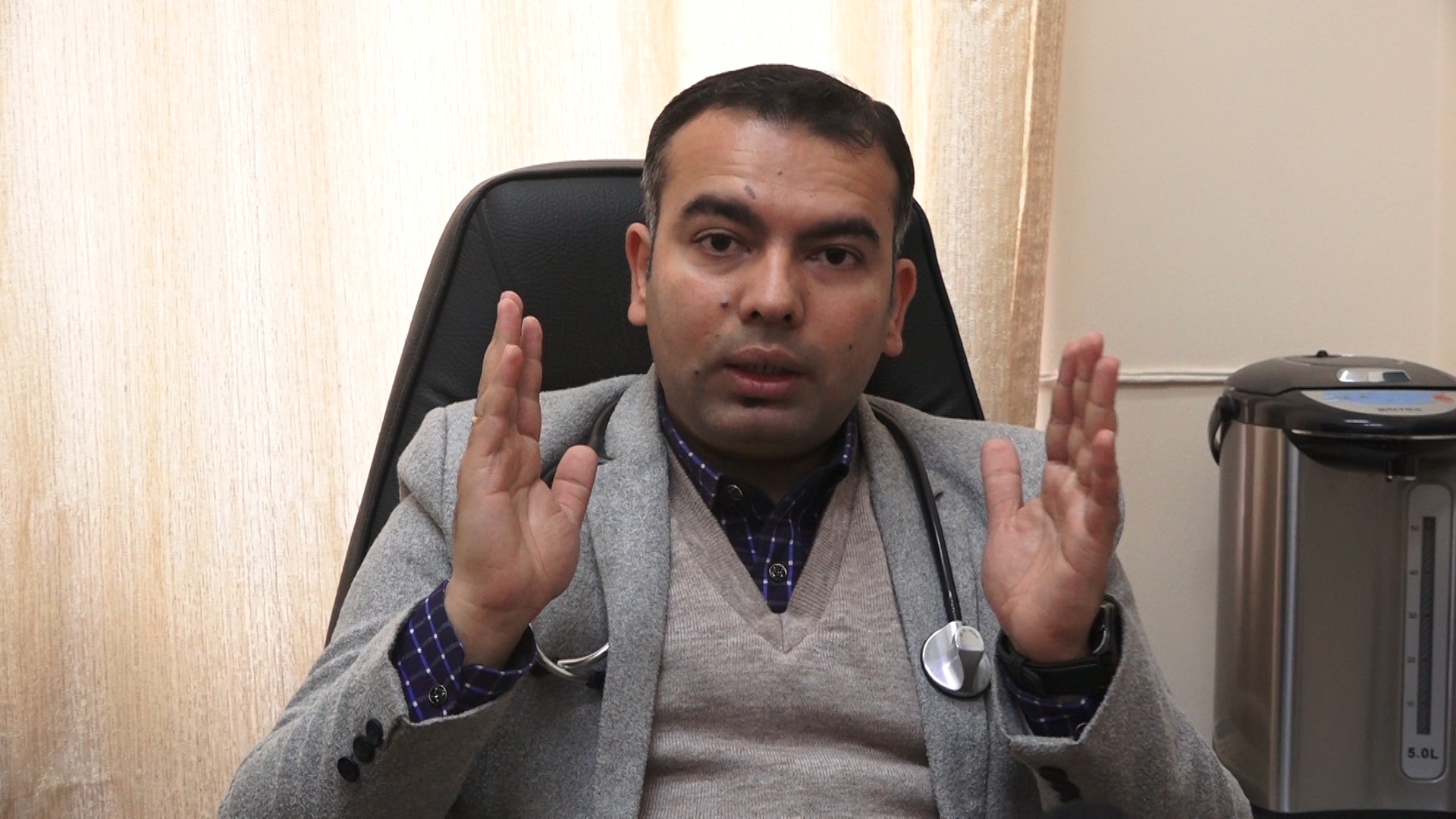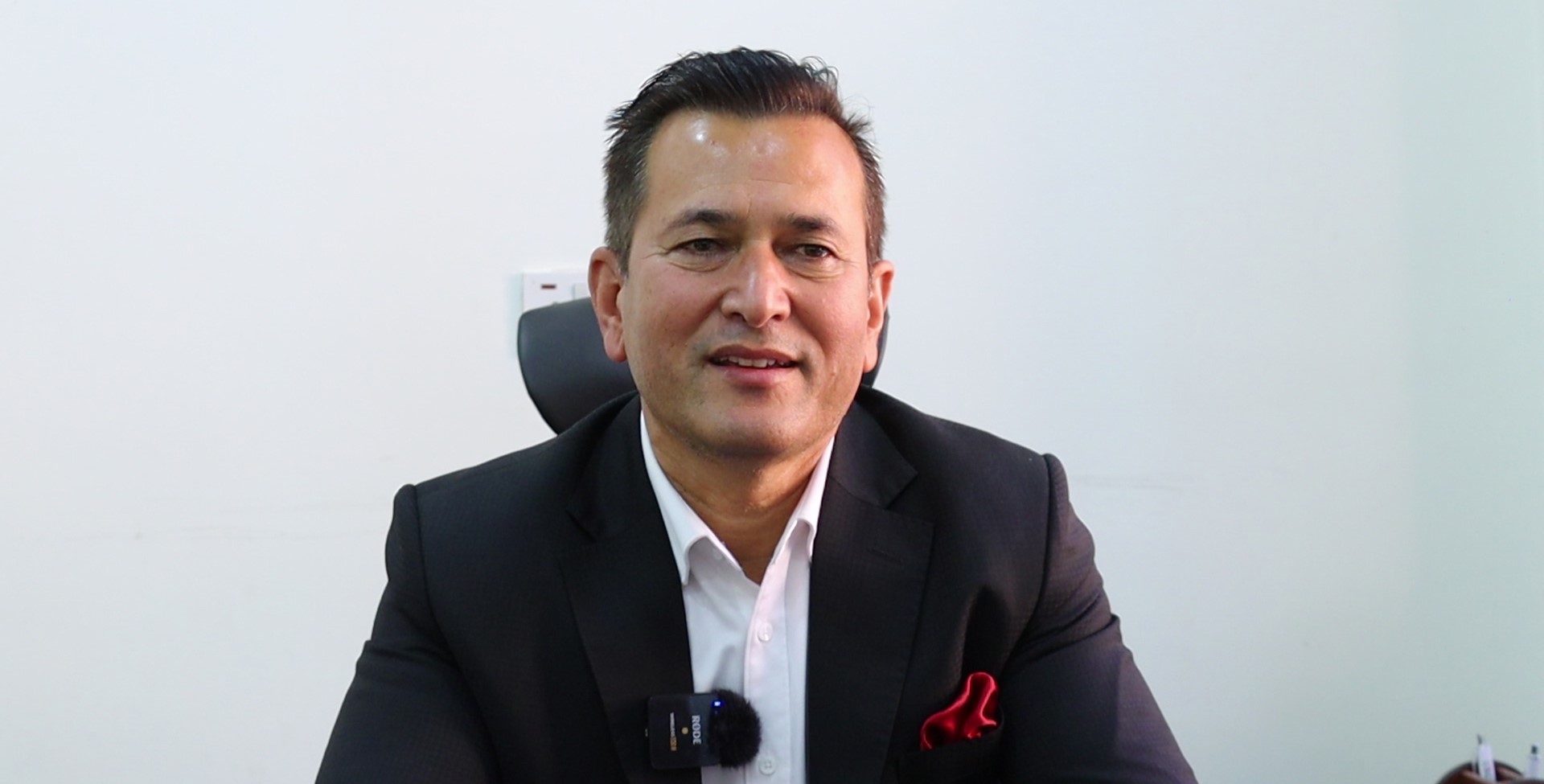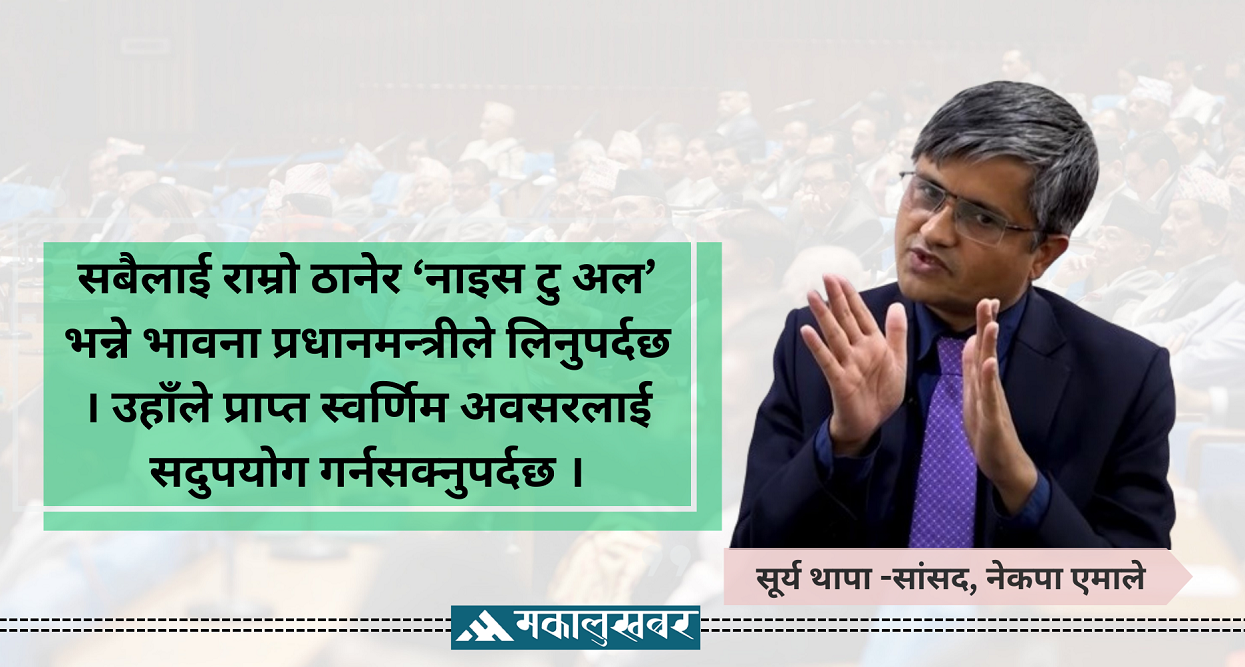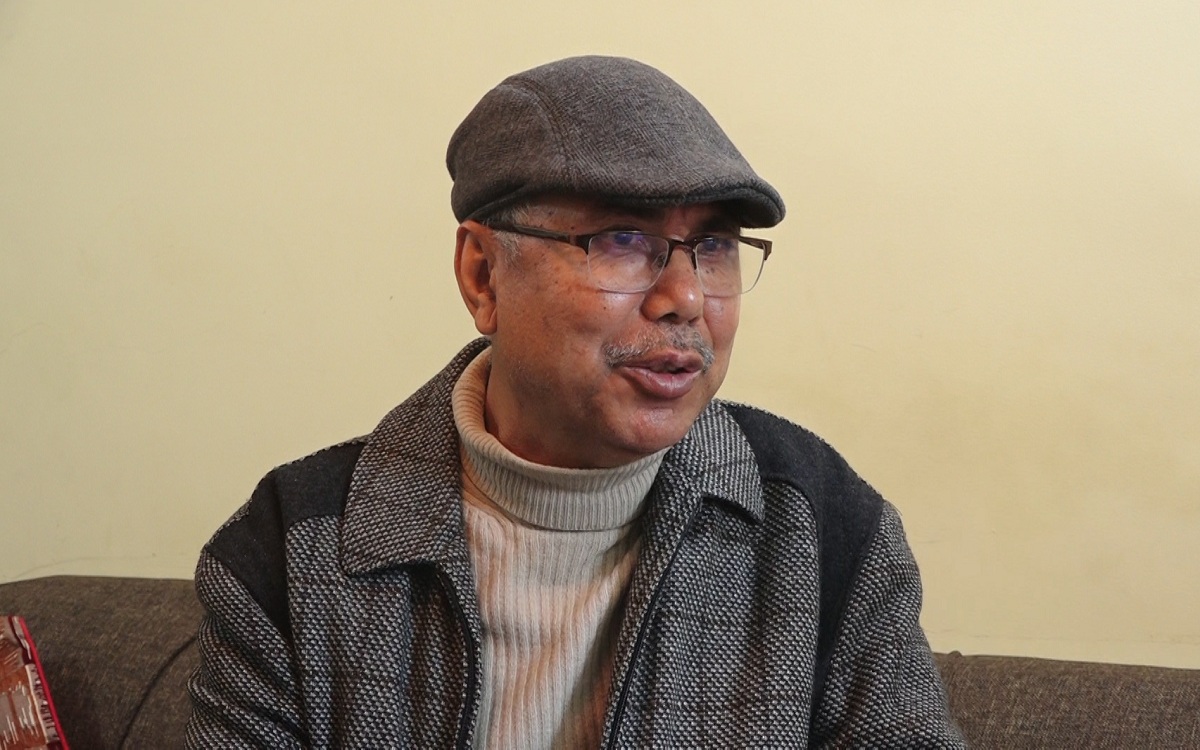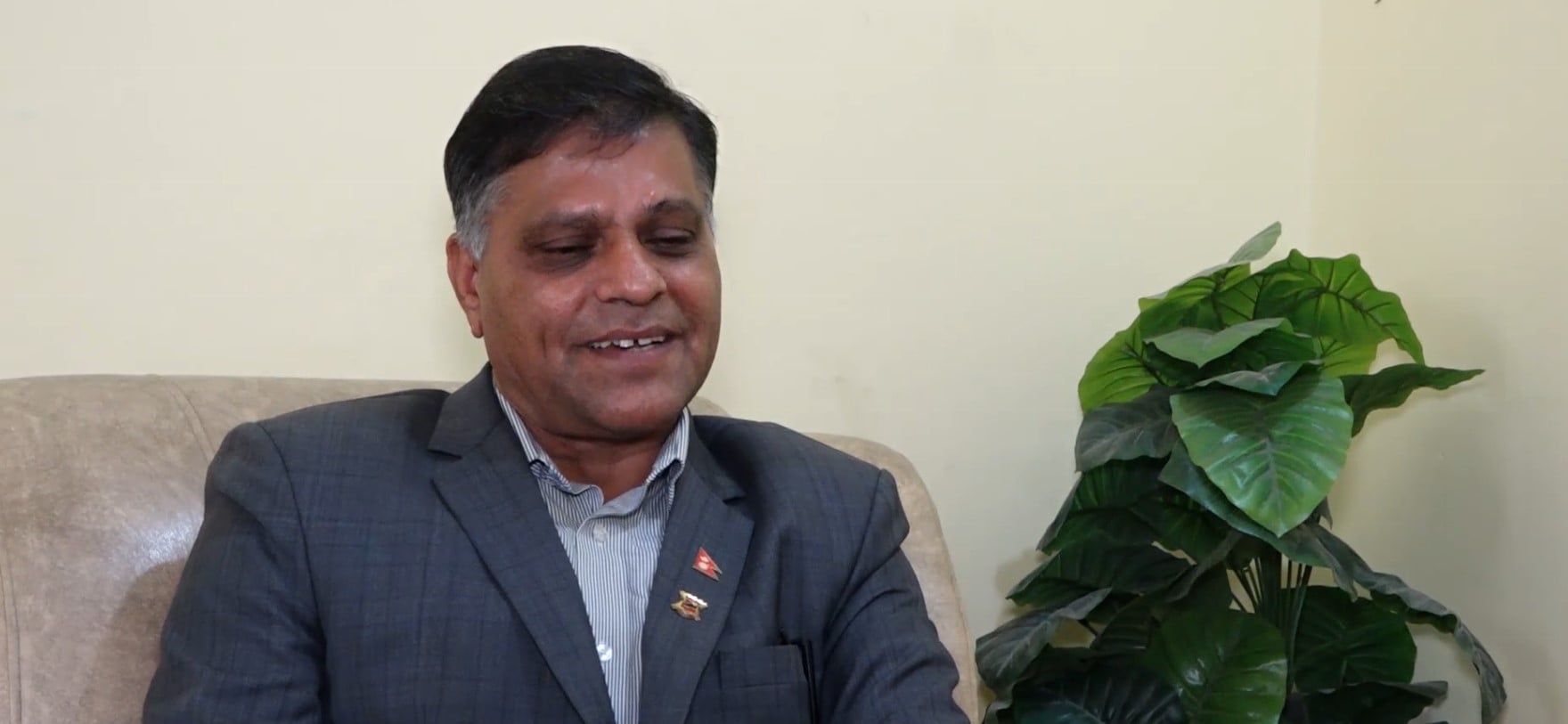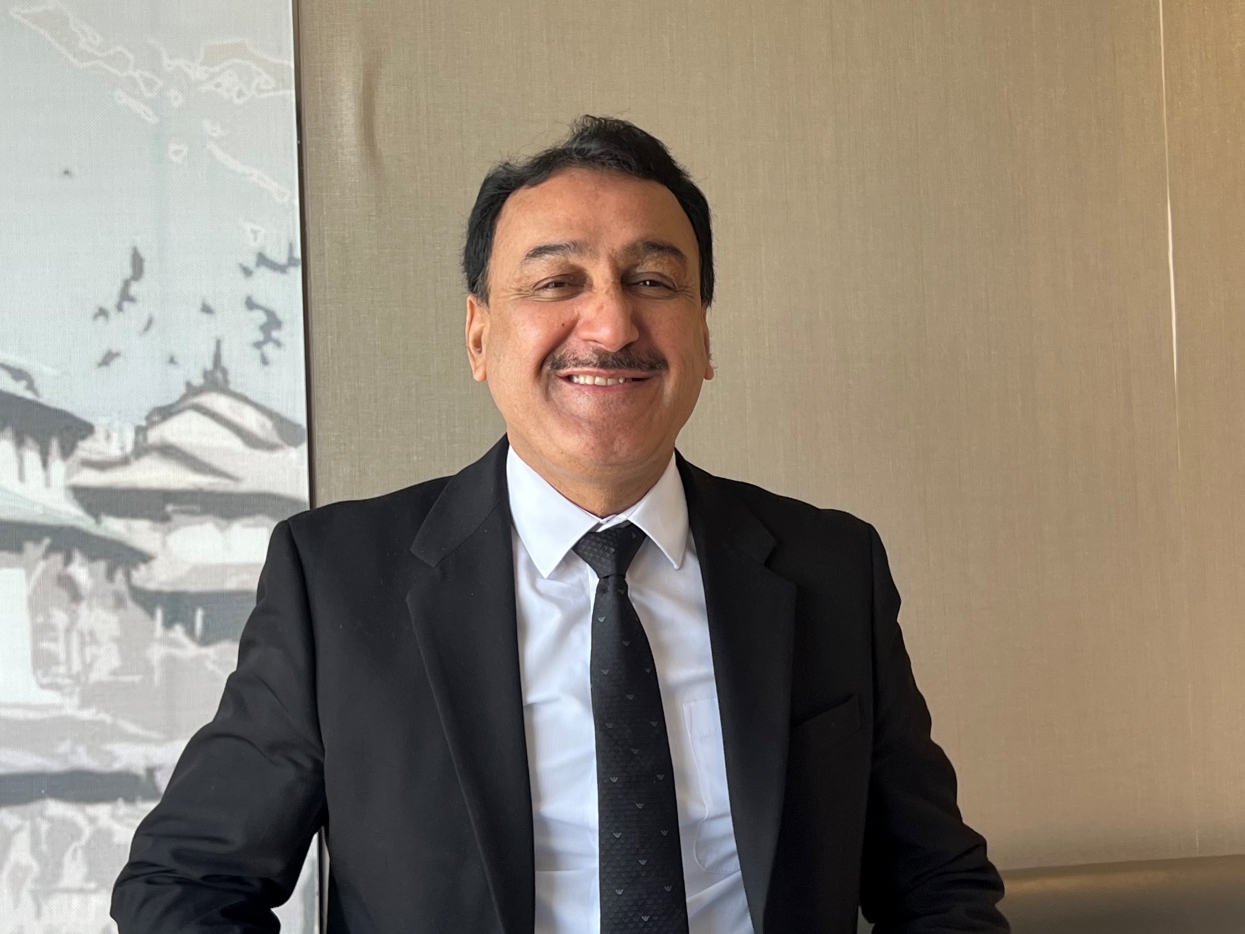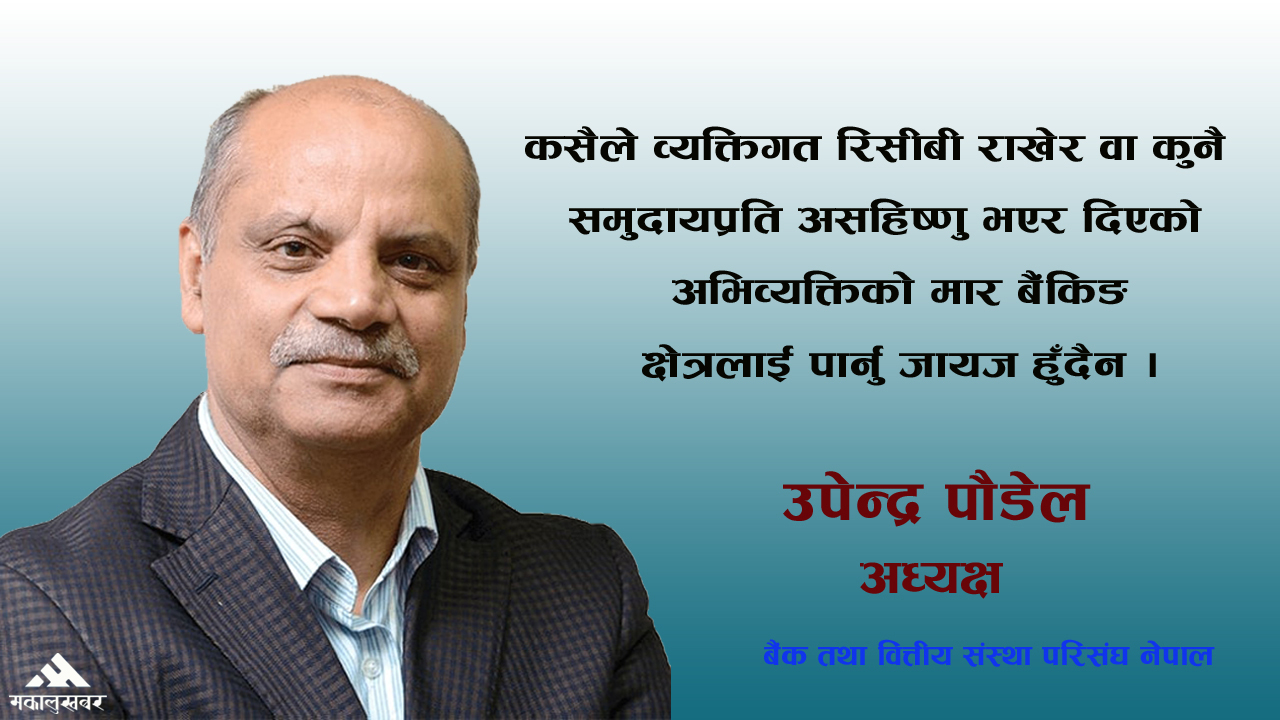Bhagbati Chaudhary; A Social Reformer and Politician

Bhagbati Chaudhary is a social reformer turned politician. Born in Aurabani, Sunsari she had a keen interest in social service at a very early age. Her parents have had a major impact on her life where her father instilled a strong social conscience. Being born in a middle call peasant family in village of Eastern Nepal, she had started understanding the problems faced by the underprivileged and felt the need to serve them.
Today, Ms. Chaudhary is regarded as a successful leader in the social and political arena and also an embodiment of compassion, strength, and intelligence. She has displayed exemplary devotion in the field of community development, poverty alleviation and women empowerment since 1995. Bhagbati’s organization has directly benefiting nearly quarter million women directly in 39 districts of Nepal.
Ms. Bhagbati has received various awards for her service to the society and as served as State Minister for Forest and Soil Conservation, Government of Nepal.
null
In this interview with Rewati Raman Dhakal; Honorable, Chaudhary shares her contribution and current campaigns. Excerpts:
I always wanted to give back something to the society. As a child, I used to feel very sad for children who did not go to school, and even as I grew up, I realized that it was a grim reality which needed to be changed.
I got a deeper knowledge on the importance of social work when I was working at Social Welfare Council as Assistant Director in 1994 and initiated an NGO in 1997. Since then I started running developmental works like children education, adult literacy program and women empowerment.
In 1995-96, there was an extreme ignorance and poverty among people and communities. Especially the situation of the Musahar Communities; the highly marginalized group of terai in Nepal was very pathetic. They were socially, economically and culturally deprived. The Women of the latter communities had to suffer from domestic violence.
In course of working with the poor and marginalized communities, we realized economic empowerment as most urgent need. Considering that we started integrated program comprising, child and adult literacy and micro saving and credit program. We have been directly benefiting two lakhs forty three thousand women from 39 districts.
NGOs in Nepal have significantly contributed for the socio economic development including awareness raising, community empowerment, and job creation. However, most of the NGOs are not paying an adequate attention in developing, and implementing sustainability plan. Most of the NGOs/CSOs also do not carry out activities focusing on the need of communities.
I want to share an instance of developing Barjutaal; a pond and place of historical significance. It had approximately 21 hector land. In one hand, we had a challenge of stopping it from encroachment whereas in other hand, we had a plan to build and promote it as tourist destination with an aim to promote opportunities for economic activities.
To attract and convince donor, we developed a realistic and promising project and lobbied with government and development cooperation. Consequently, Government of Nepal as well as bilateral donors had approved and allocated budget to support the project. However, to our dismay, as I disembarked from the position of State Minister the budget was later squeezed to nominal size. The bureaucratic hurdles, red tapism and power dynamics among political leadership lurch fundraising initiative.
I think the key factor is our commitment and motivation to work towards community. Similarly, integrity and accountability are unavoidable major aspects. In addition to it, the leadership ability and proven track records are also the key ingredients for attracting donors.
Some of the key consideration to combat these sorts of issues could be only working with the organization who shares common value. In the meant time we can also screen background and track record. Most importantly, we have to be very cautious while developing a MoU/contract and keep our programs align with the agreement. We can also consult with communities, key stakeholders and experts to make sure if the project would be fruitful to them and develop and project in participatory approach.
I agree with you to some point. But everybody has their own unique motivation. However, for me it is self esteem and aspiration of creating positive impact in the lives of people. Importantly, motivation and sense of ownership instilled by my parents since my childhood to serve people in need are also the key factors.
Therefore, spiritual attainment and securing space in heaven are not my motivation factors.
http://www.mangopost.org

















